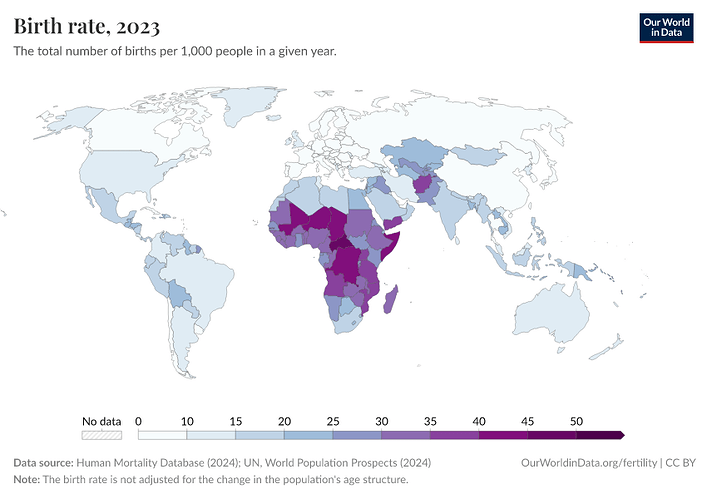Around 41 million US adults fail in the bedroom due to one common prescription drug class.
Almost 41 million people are taking antidepressants, around 16% of the US population. Are we really that depressed?
Well, a study in Psychotherapy and Psychosomatics found that up to 40% of antidepressant users might not need the drugs. See, the DSM-5 (the handbook that classifies mental disorders) now defines major depression with symptoms like sadness or fatigue persisting for two weeks. The problem? This threshold captures normal human experiences – like sleep loss or stress – not just pathological conditions.
Now add aggressive marketing by the pharmaceutical companies (weirdly legal in the US) and the fact that primary care doctors, not mental health experts, prescribe 60-70% of antidepressants. Could it get worse? Yes. Over 80% of guideline authors for depression treatment have ties to Big Pharma according to JAMA. The result? A lot of folks are using antidepressants who probably shouldn't be.
The big problem? Many antidepressants cause sexual dysfunction, which itself is a cause of depression. Let's dig into that and then discuss some natural mood enhancers that won't wreck your sexual health.
Sexual Downers: The Side Effects
Antidepressants, particularly SSRIs (Zoloft, Prozac, Lexapro) and SNRIs, affect sexual health. As a class, here are some common side effects.
For Men:
- Decreased sex drive affects 30-60% of men on these drugs
- Erectile dysfunction (ED) impacts 20-50% of men
- Delayed ejaculation, or difficulty achieving orgasm, is reported by 30-70% of men
For Women:
- Reduced sexual desire is reported by 30-70% of women on SSRIs/SNRIs
- Difficulty with physical arousal (desire and lubrication) affects 20-40% of women
- Delayed orgasm or anorgasmia (inability to orgasm) occurs in 25-50% of women
Antidepressants cause these issues for a variety of reasons, but the biggest one has to do with serotonin. SSRIs and SNRIs boost serotonin, which can dampen sexual desire and arousal by reducing dopamine activity, a key driver of libido, reward, desire, and arousal.
Yes, it's a bit of a paradox: serotonin is the "happy hormone," but high levels suppress dopamine and dampen sexy-time mojo. This happens mostly with SSRIs because they flood the system indiscriminately. Natural serotonin boosts (from certain supplements or diet) won't reach that same tipping point.
The Natural Mood Boosters
Some people need antidepressants (i.e. those with rare genetic mutations or variations), but all evidence points to rampant misdiagnosis and overprescribing for everyone else.
Up to 40% of antidepressant users don't need these harsh drugs, but they could be experiencing common nutritional deficiencies affecting their moods. Let's at least correct those first before taking the prescription drug route. Here are the big players:
1. Omega-3 Fatty Acids (EPA/DHA)
A 2019 Translational Psychiatry meta-analysis found that 1-2 grams daily of fish oil reduced depressive symptoms. Fish oil's anti-inflammatory properties improve brain cell function and mood regulation. Another study in the Journal of Affective Disorders found that 4 grams worked in resistant depression. Skeptics point out that this only works for people with omega-3 deficiencies, but that's 68-90% of people, depending on the study.
Try this: Take 4.2 mg of fish oil daily. That's three softgels of Flameout DHA-Rich Fish Oil (Buy at Amazon). Based on clinical studies, depression relief could begin as early as 2-4 weeks. Give it 12 weeks for severe, stubborn cases.
2. Vitamin D3
A 2020 Depression and Anxiety meta-analysis showed 2,000-10,000 IU/day improved depression scores in those with low levels (most Americans). Vitamin D seems to work via serotonin synthesis, and it's particularly good for seasonal depression (SAD).
Try this: Take 5000 IU of microencapsulated vitamin D (the kind you absorb) daily. Some treatments involve taking 15-20,000 IU daily for a few weeks, then backing back down. D Fix High Absorption Vitamin D (Buy at Amazon) contains 5000 IU of this form.
Bonus: Check out the newly discovered depression-fighting benefits of lycopene.
The Obligatory Note
Obviously, severe depression is a serious issue, so consult your doctor and don't get off your meds just yet.





